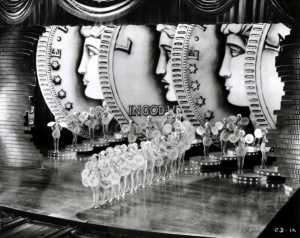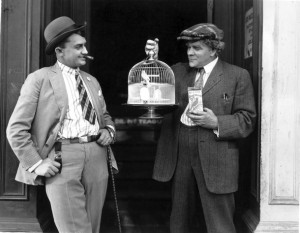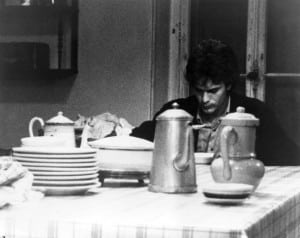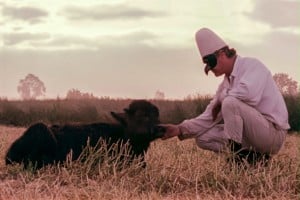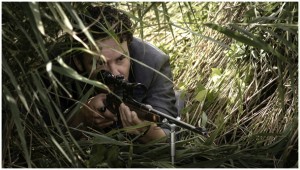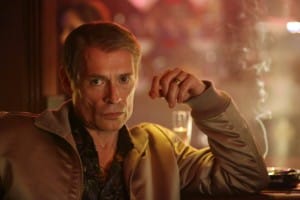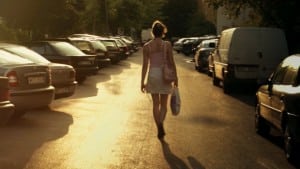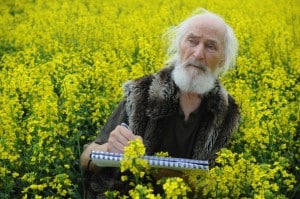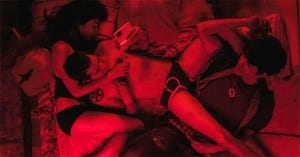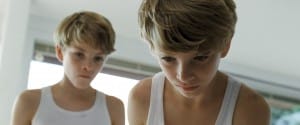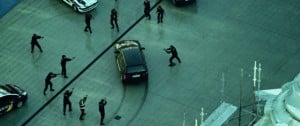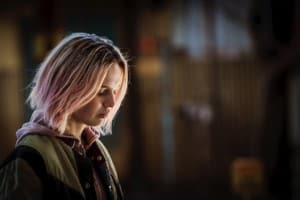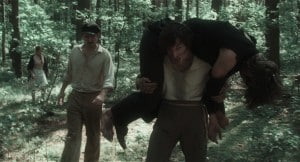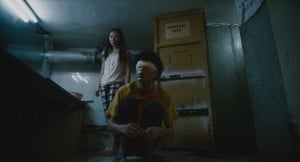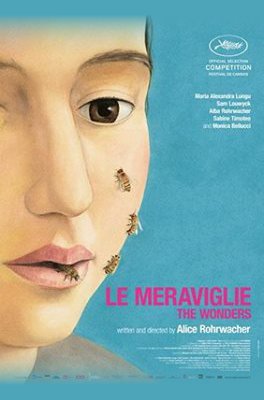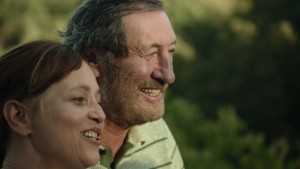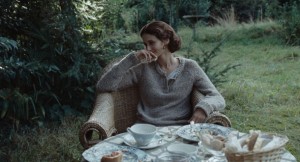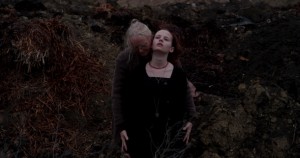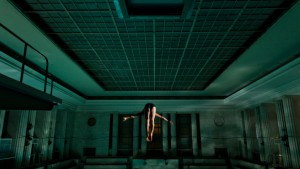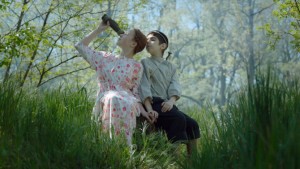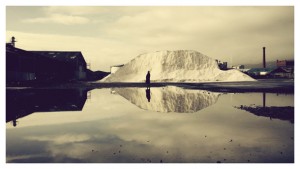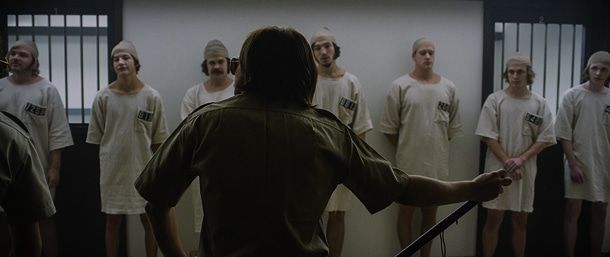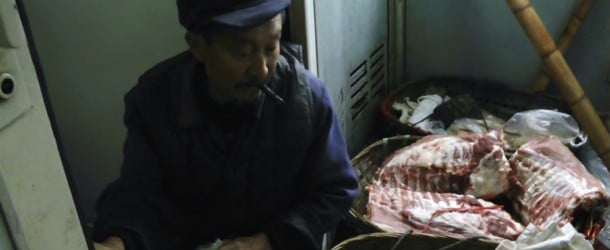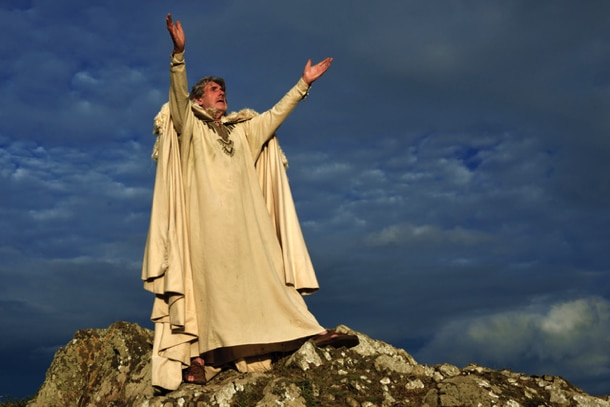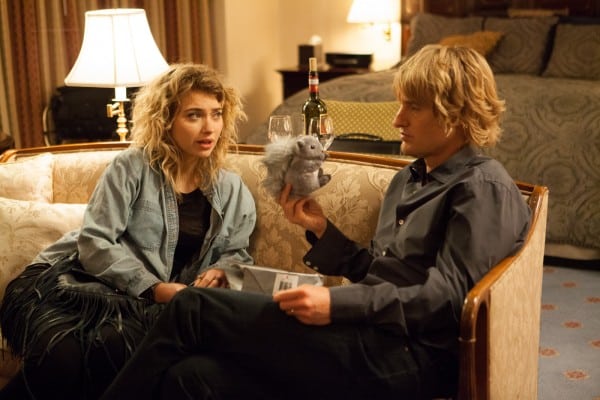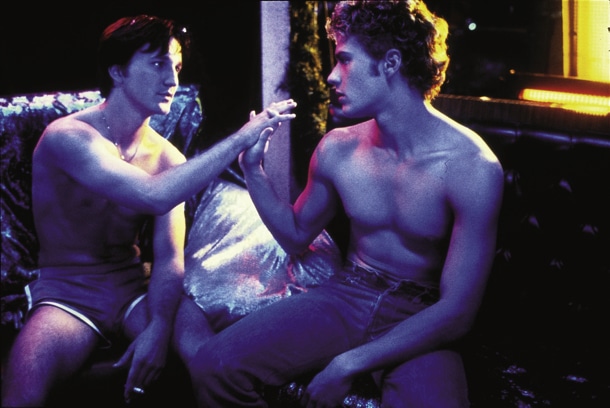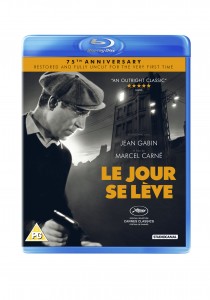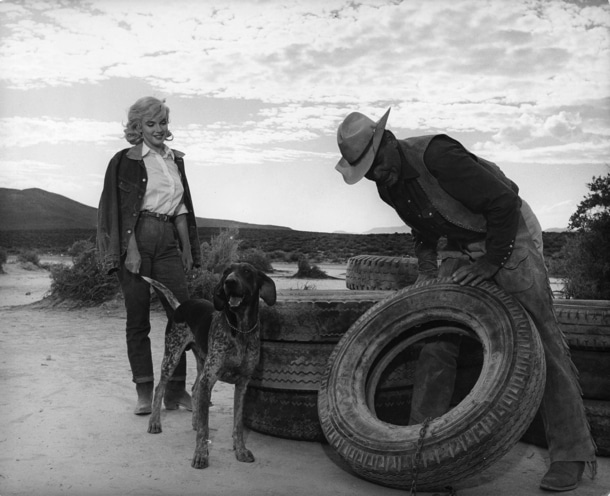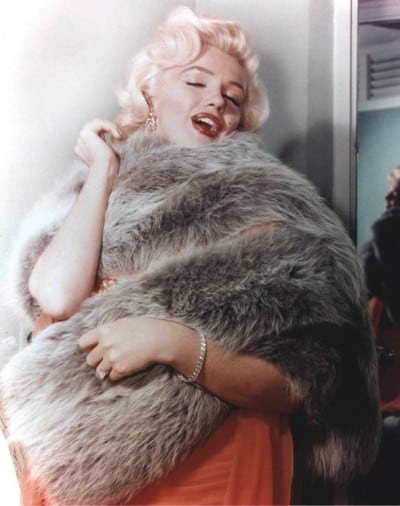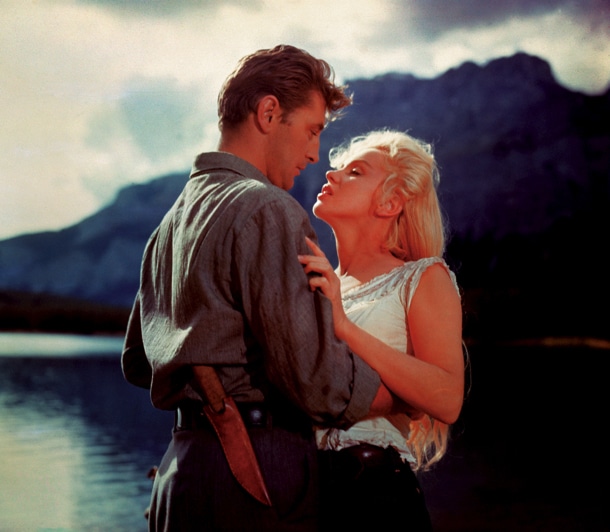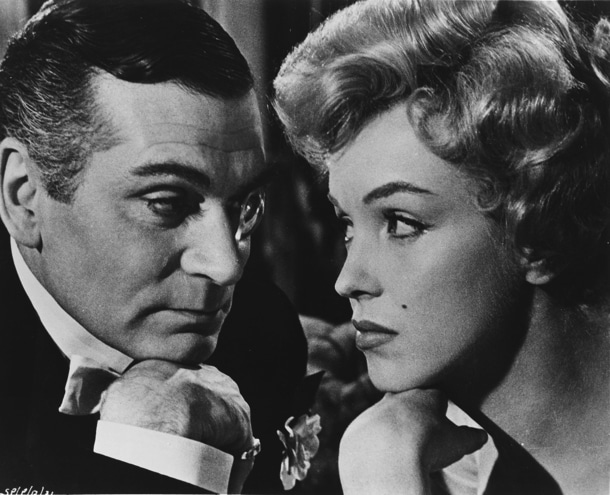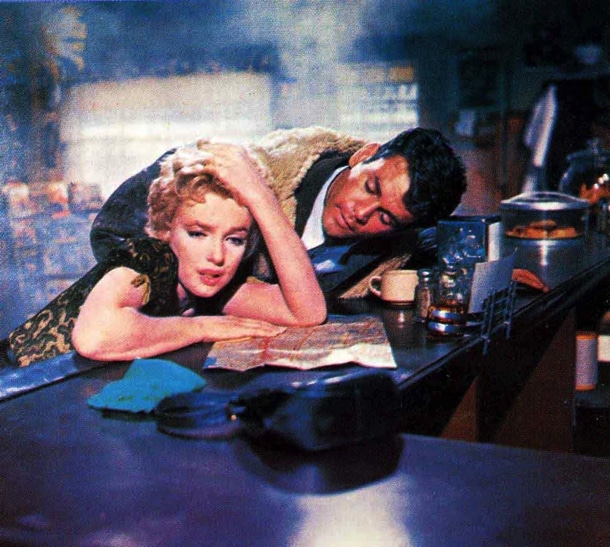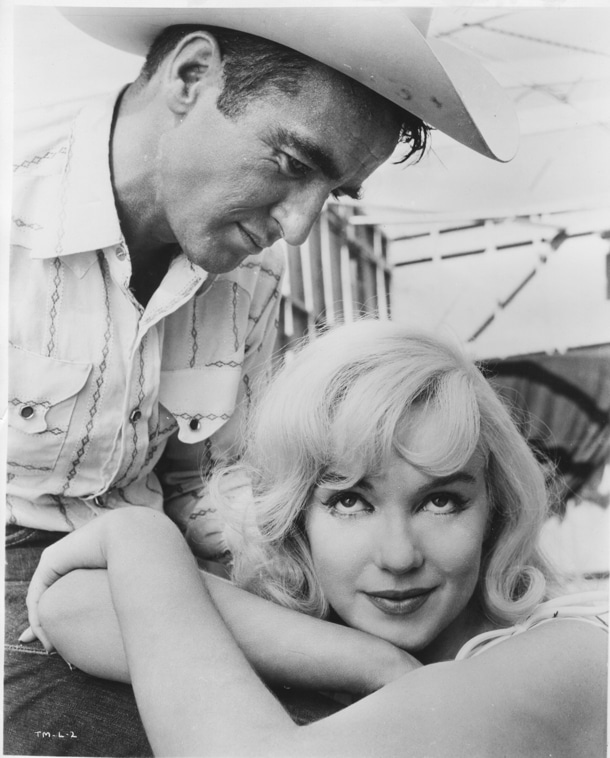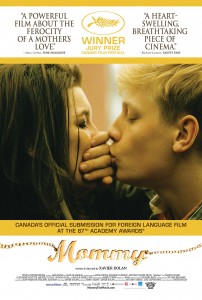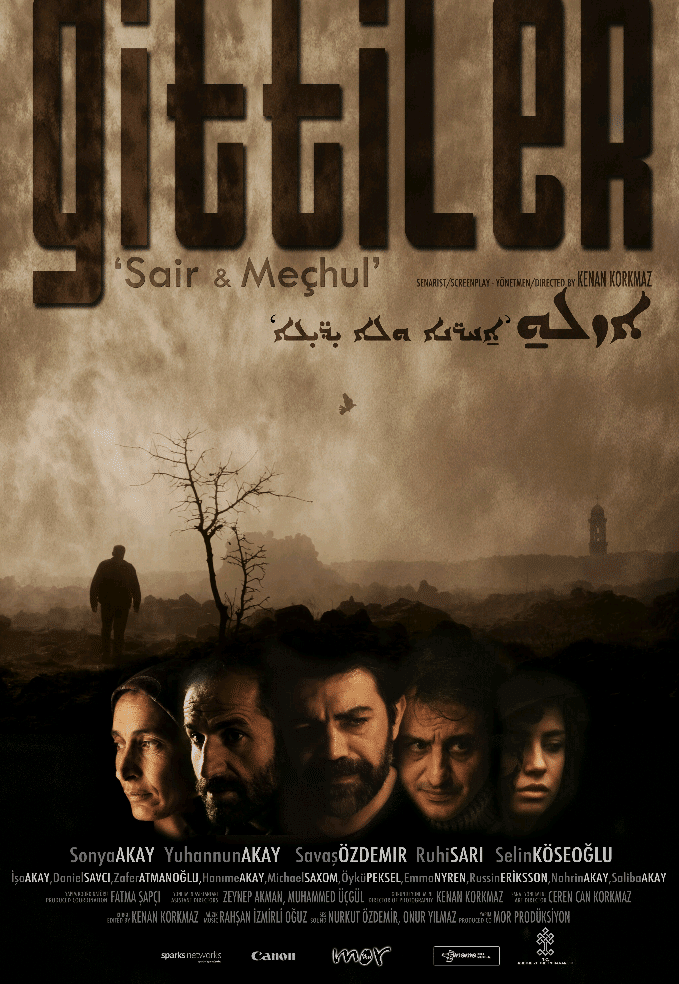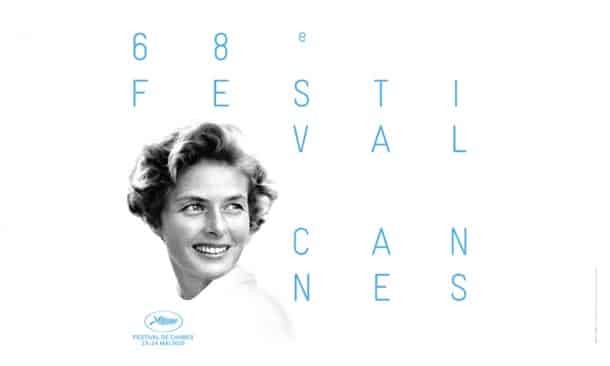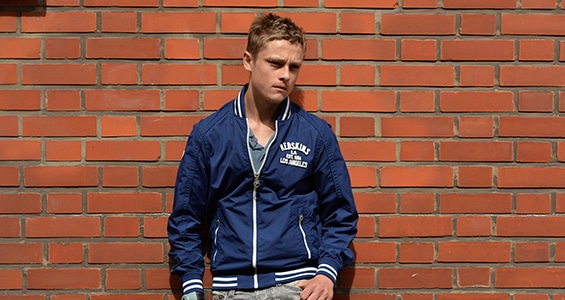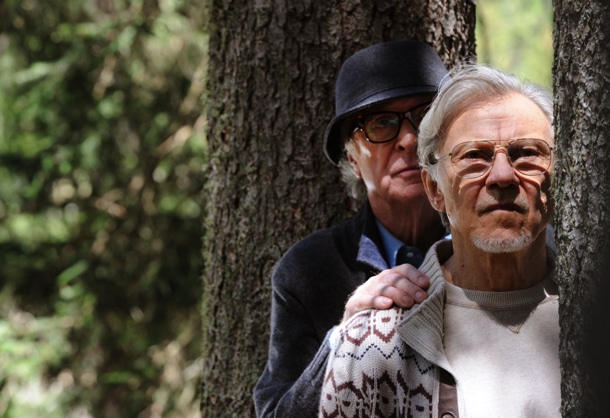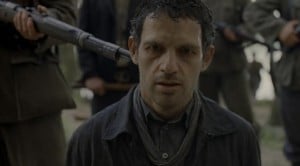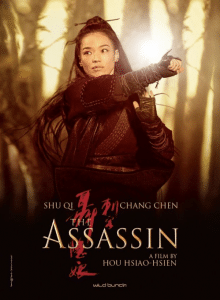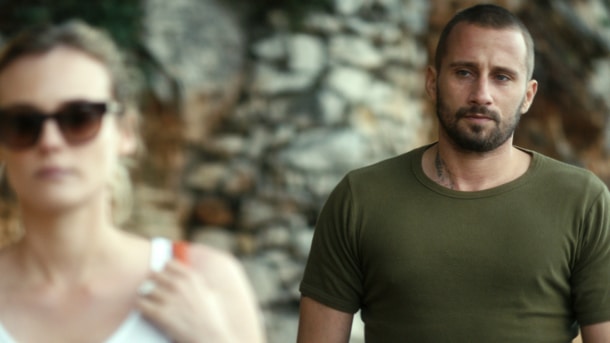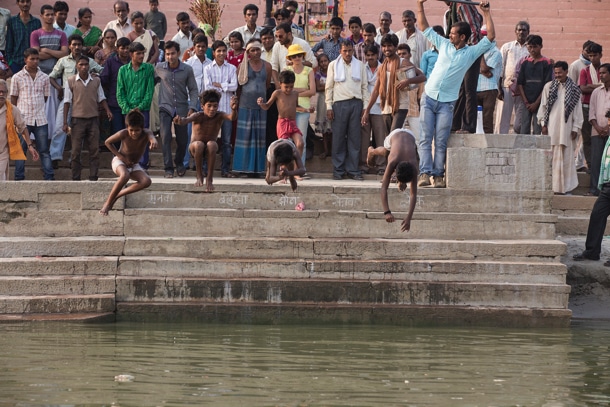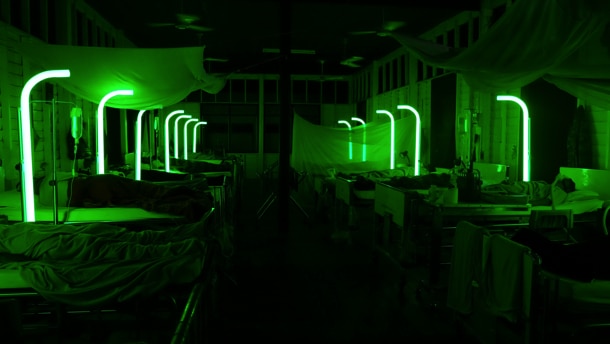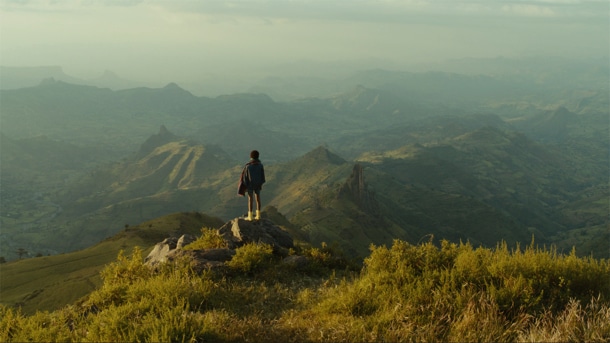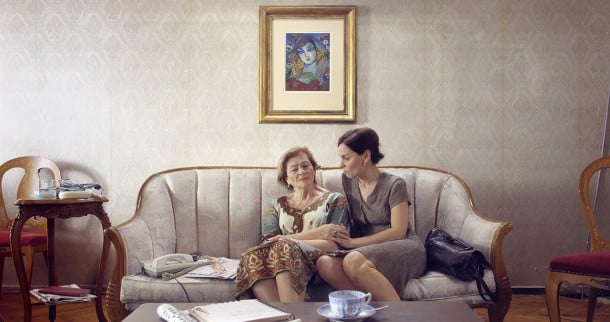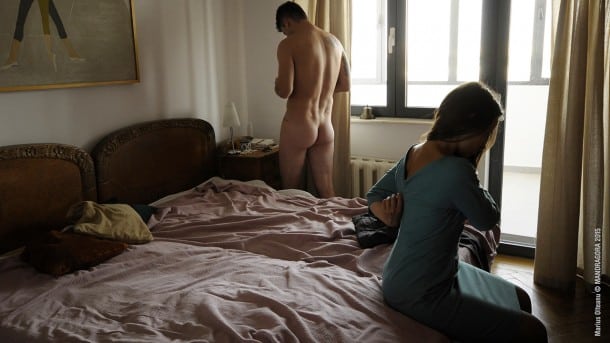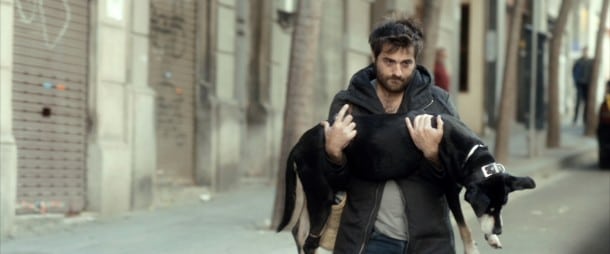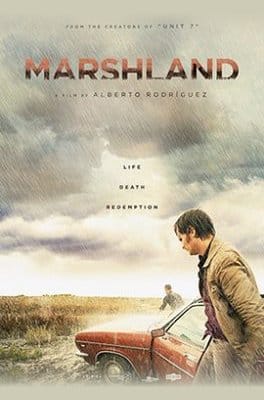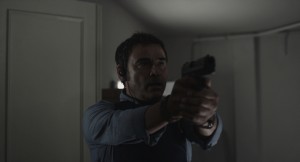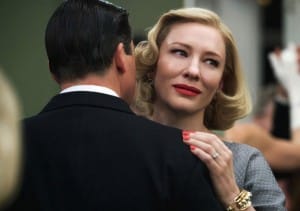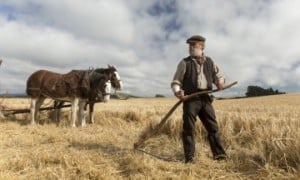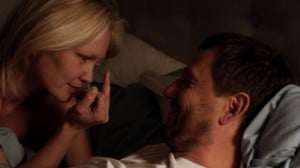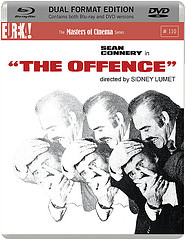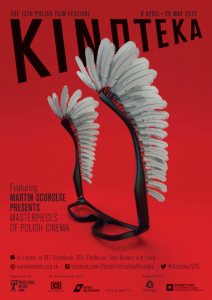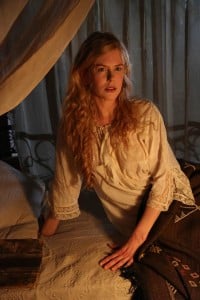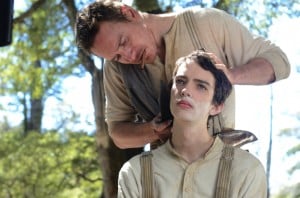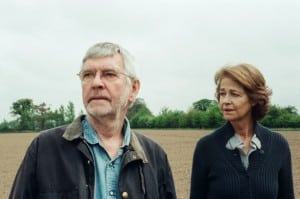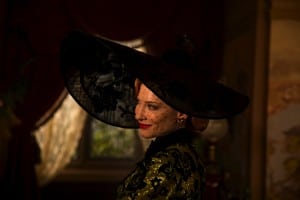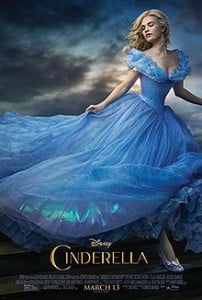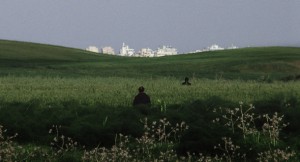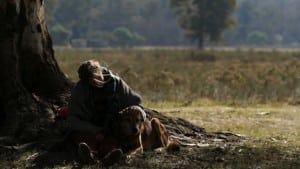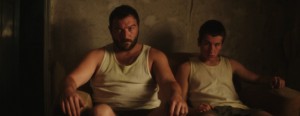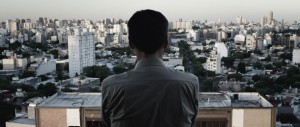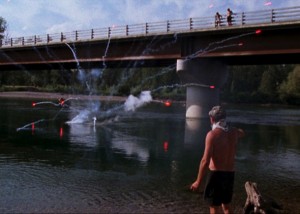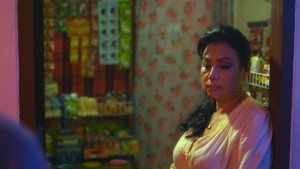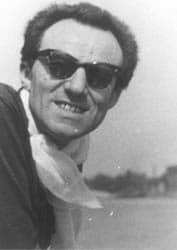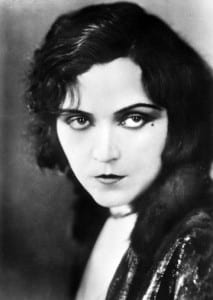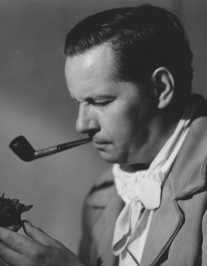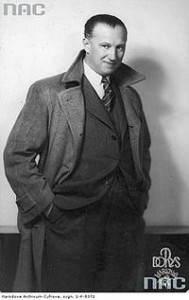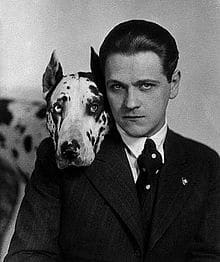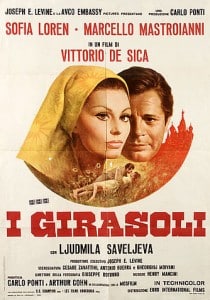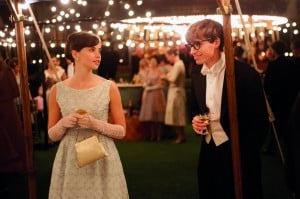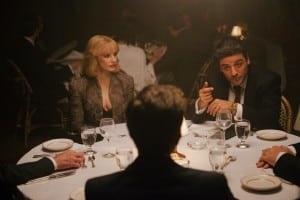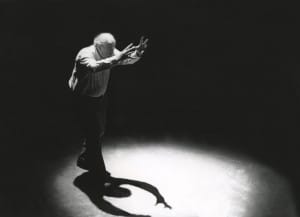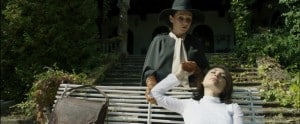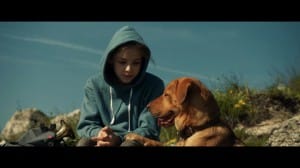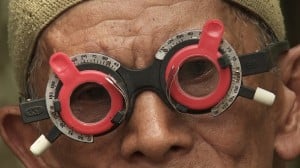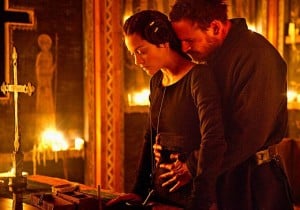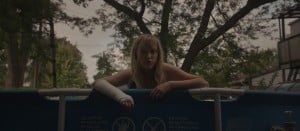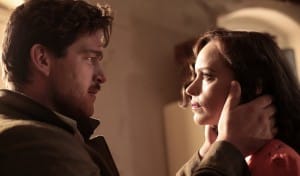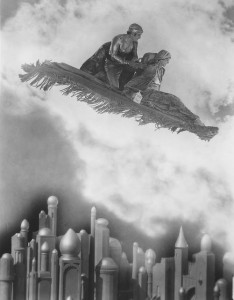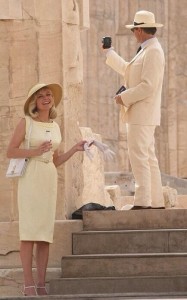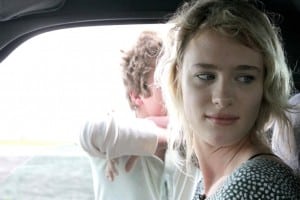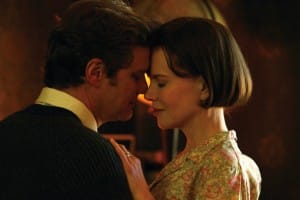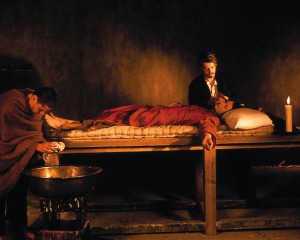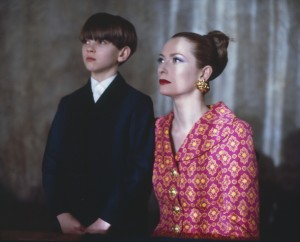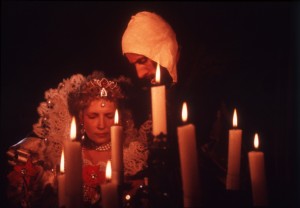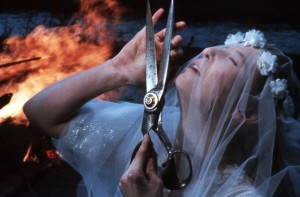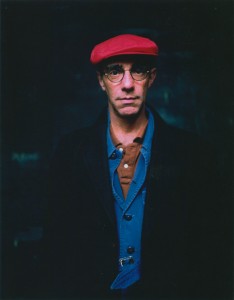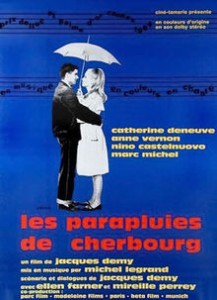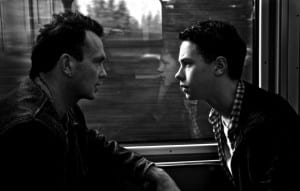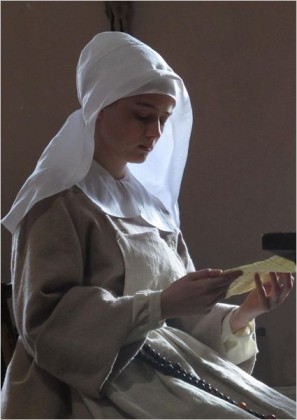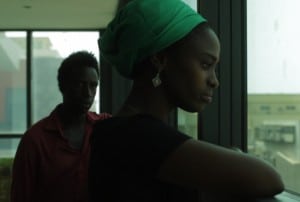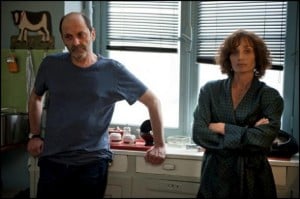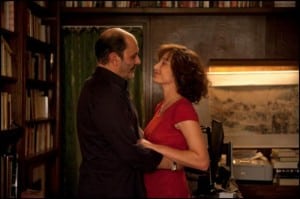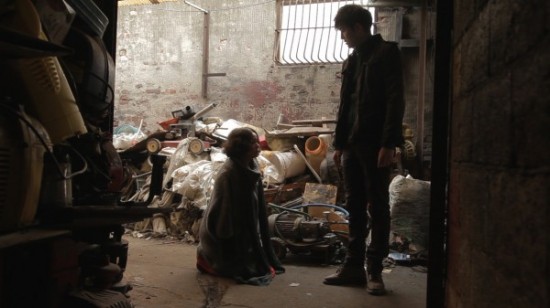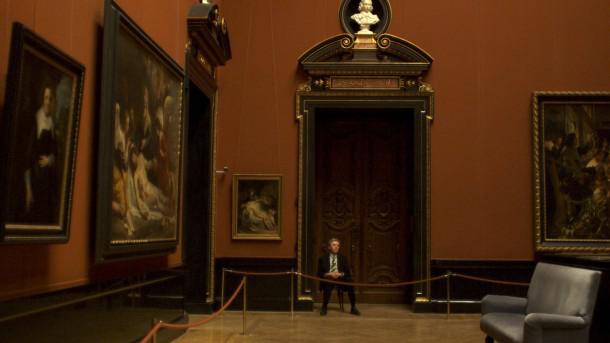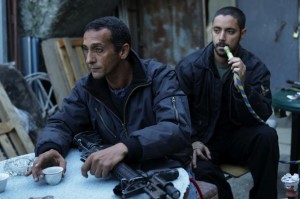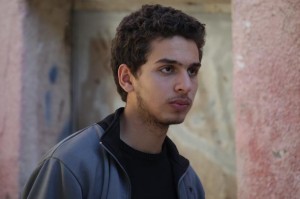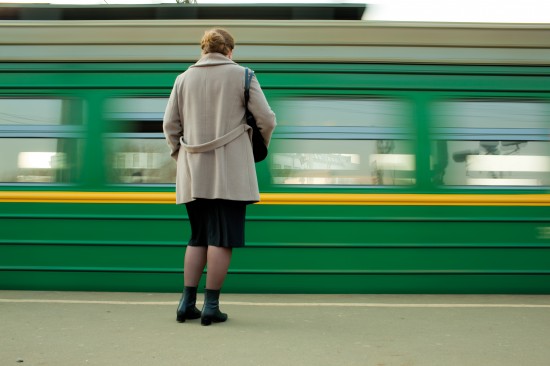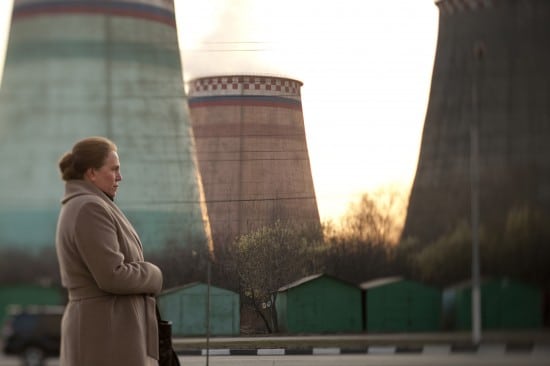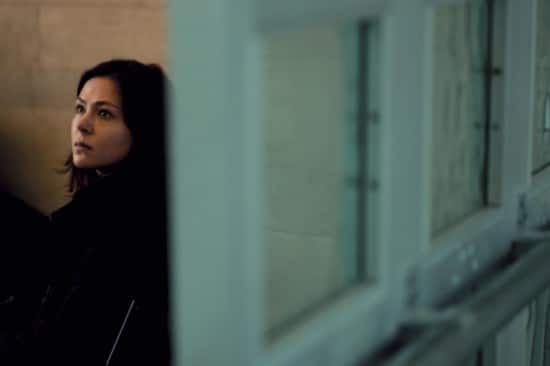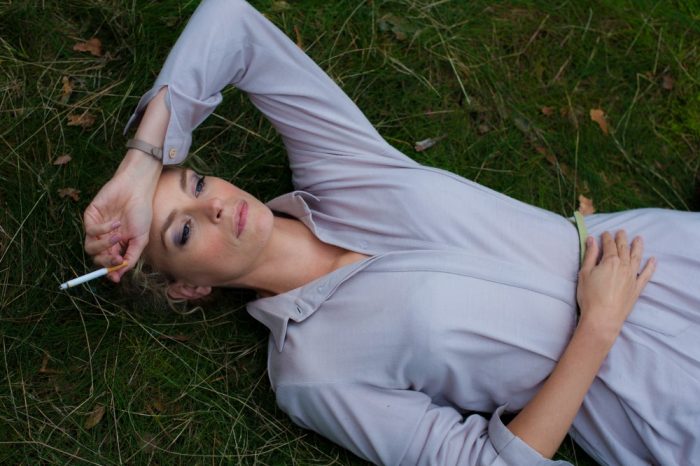 FILMUFORIA spoke to Viggo Mortensen about his role in Lisandro Alonso’s existential drama JAUJA, which won the FIPRESCI prize at Cannes 2014.
FILMUFORIA spoke to Viggo Mortensen about his role in Lisandro Alonso’s existential drama JAUJA, which won the FIPRESCI prize at Cannes 2014.
Viggo Mortensen (VM): JAUJA sounded like a good story and knowing that it would be told by Lisandro Alonso, I knew that it would be very unique. I’d seen some of his movies before accepting the role and I thought that the ingredients of it, at least at the start – a father goes looking in Indian territory for his adolescent daughter – was a classic start to an adventure story. And the fact that it would be shot by Lisandro Alonso and Timo Salminen, the cinematographer, I knew it would have a special look and a very original treatment of the landscape and the people within it. So it just seemed like the kind of movie I’d go and see.
Lisandro said in an interview that he wanted to pull you into a labyrinth that you couldn’t escape from…
VM: I didn’t think of it that way. It’s not so much the landscape or the events that happen – the landscape is the landscape, the things that happen that my character can’t explain or can’t find a logical answer to, the way the movie veers out of linear time, the changes in landscapes, the mystery of where his daughter’s gone, some of the things he hears and sees. I’m drawn to those things, I’m drawn to stories that challenge your way of thinking, that make you wake up in the middle of the night and question everything, your preconceived ideas about how life works, how you behave, what your attitudes are about everything and that’s something that I really enjoyed, just in reading the script but also as we were doing it, I thought that was an important thing and if he’s imprisoned it’s not by exterior things, it’s by his own preconceived notions. You know, he puts on his uniform which always worked in Denmark, let’s say, that’s the way he would deal with the situation and he goes out looking and he’s always – even the first conversation you see him have with this Argentine military officer, he’s asking lots of questions, he wants to know what things are called, what is the sequence of events, when can I expect to see this happen. He has, I guess, a Northern European perspective or world view and he tries to impose that, even if it’s he’s not aware that he’s doing it all the time, he’s imposing that on him, in a place and in situations where it doesn’t really work. But he stubbornly keeps doing it, as we tend to do. ‘There must be a reason for this, I’m going to stubbornly find out.’ So he’s probably imprisoned by his own limitations, not so much by the landscape. The trap is within himself, or within his own mind.
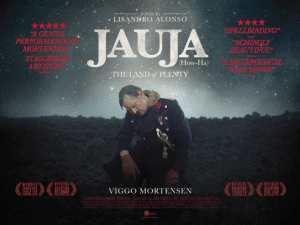 I understand you were involved with the music in the film? Can you talk about that?
I understand you were involved with the music in the film? Can you talk about that?
VM: This is Lisandro’s fifth movie and he did a lot of new things here. I mentioned the cinematographer, who looked at the landscape and lit it in a way that was very different from the way the type of Argentine cinematographer Lisandro had worked with before would have done. But it’s also the first time that he worked with professional actors. The script, for him, is sort of wordy – you know there’s not a lot of dialogue in the movie, but there’s more dialogue in this movie probably than there is in all four previous movies put together. Music, he’s never had a conventional music soundtrack before. If you’ve heard any music in his previous movies it would have been because it would have happened organically, coming out of radio or something. It was something that he tried – we were already part way through shooting and he said, ‘I think that that scene is one of the more important ones, I mean there’s a lot of entering and coming out of dreams, a lot of transitions in the movie. It takes seeing it two or three times before you see all of these moments from the first scene where the daughter sort of grabs my arm once I give her the answer she wants about getting a dog. She closes her eyes and never opens them again for the rest of the scene and I think that’s the first dream and by the end of the story you don’t know if we’re being dreamed or if the characters are all dreams or if it’s the dog’s dream or the girl’s dream. In a way, it doesn’t matter, it’s just what it stimulates when you’re watching it. But the music was something that he decided, ‘That transition is important, that night where he falls asleep under the stars, holding the daughter’s toy soldier because the next day he wakes up and the landscape, the weather, everything is changed, everything is different and he doesn’t realize at that point that he starts charging out – maybe he never fully realizes it in this story. But time has changed, also. So he thought it was important to help that transition with music?, which surprised me, because I knew he didn’t usually do that. And I said, ‘Well, what kind of music? I mean we have limitations and we don’t have any budget – what are we going to do?’ He said, ‘Well, it doesn’t have to be period – I’d rather it wasn’t period specific music’, but he described something with guitar, something that was lyrical and had a certain feel. And so I said, ‘Well, I have worked with and known for many years a very good guitar player named Buckethead, he’s a genius really and we’d record a lot of things, sometimes they have a lyrical quality that sounds like what you’re describing, I can send you some of these tracks and see what you think’. I didn’t think any more of it and then he said, ‘Well, I like this one a lot, I want to use this one, it’s perfect in terms of the time it lasts for that section. And then he said, ‘I like this other one too, because it has a circular structure that would work at the end, that would fit, actually, with the credits really well and it would mirror what’s happening with the story’ and I said, ‘Great, fine’. So that’s how that happened, it was unexpected, I would have never imagined I was going to be providing music for a movie – music is something I do for fun. I mean, I take it seriously, but this was never something I would have thought of, especially on a movie like this.
You have a producer credit on the film too. Has that creative influence that you’ve had over the film, affected the way you’ve performed on camera too, or the way you think about the film?
VM: I hope not. I don’t think so. I mean every movie that I do, I always try to do my job. There’s nothing wrong with just preparing your lines, showing up, doing them and leaving and maybe having no interest in what anyone else is doing. But for me, from my way of doing things, I can’t help but be interested in what other people are doing. As a photographer, I’m interested in what the cinematographer does, how he lights, how he frames shots. I’m interested in the director’s point of view. I’m trying to help him get across his vision, basically and I like to work with other actors and see what happens. I’m interested in the costumes, I’m interested in all aspects of it. As a producer I have more of, I guess, an established or a legal right to intercede in the filmmaker’s behalf, to protect his vision, which is what I’m trying to do anyway, I think, as a collaborator. Just practical things like, ‘Well, let’s make sure that the subtitles are correct, and they have to be right, whether it’s in Spanish or French or Danish. The poster – I just want the director to be happy and have the movie he wants, to be able to shoot it the way he wants, to be able to edit it the way he wants, and present it the way he sees it. That’s all that’s about, but it doesn’t really affect the way I perform.
 Were you involved in the location shooting?
Were you involved in the location shooting?
VM: I wasn’t involved with that. Lisandro sent me pictures during his scouting period – he drove thousands and thousands of miles, all over the country, looking for these places and he was very careful about selecting them. It was interesting to see his process, discarding some and finally settling on others. But those were his choices, and good ones, I think.
Did the location shooting present any particular challenges?
VM: I suppose just comfort, but the group of people that made this movie, including me, it wasn’t a big deal to not have internet or not have phone service, or in some cases a hotel or something. It was part of the story and we knew that going in because of the remote areas we were filming in. I mean, logistics, yeah, getting equipment to certain places sometimes was tricky but we travelled light, we had one camera, I guess we had a small crew, so we made it work.
You touched on the multi-lingual nature of the movie previously. I don’t know if American-Danish is something you agree with as a label, but whether you appreciate that sort of cross-cultural mismatch between different people in the film.
VM: Well I was raised in Argentina and some people there mistakenly think I’m an Argentine actor. I guess you could say I’m an Argentine actor – I’ve been in two Argentine movies, speaking Spanish, in this case with a Danish accent. I don’t know – I may be more drawn to stories that have to do with that, but I’m not conscious of it. I don’t look at the budget or the language or the nationality, or even the genre of the movie when I’m looking for work or hoping something finds me. It’s really if it’s a story I think is interesting. you know I mean I was also in a movie that will be coming out soon called Far From Men, which is a movie that was shot in North Africa in French in Arabic and that’s not something I was setting out to do or would have ever expected I’d do but it’s a great story and I want to be part of it.
Can I just quickly ask about Timo (the cinematographer), because I’ve seen you talk about his Finnish sense of humor and some of the jokes that he pulled that you appreciated.
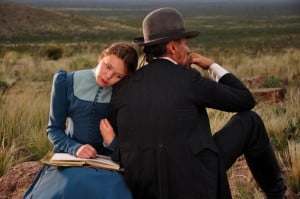 VM: At the start, I mean Argentines, generally speaking, there’s all kinds of people, just like there are everywhere. And every country in the world these days, especially Europe or almost anywhere is made up of all kinds of sensibilities and languages and points of view and races, even though if you listen to Marie Le Pen or UKIP or something you’d think that wasn’t true, but it is true, whether they like it or not. So generally speaking, I think that the crew, the first few days they were not sure what to make of him and Lisandro even asked me, ‘Is there something wrong with him? I said, No’, he said, ‘Why is he so sad?’ and I said, ‘He’s not sad, he’s just Finnish’. He was just, you know, standing by the sea, looking at the sky. I guess then I looked at it in terms of Argentines would more say what’s on their mind and there’s a different kind of energy and he was very still and very quiet. He didn’t hardly speak at all. He’s very efficient, doing his job, but to me he was just a guy from Finland looking at the sea, waiting for the Argentines to get their shit together so he could shoot the scene. That was all that was going on, there was nothing else going on. And even the first few days, occasionally he would say something and I might be the only person that might laugh, because they wouldn’t even realise he was telling a joke because he was so dry but after a few days they understood each other perfectly and it was great, it was a great combination and it was great to see their interaction and what can happen when you have an open mind. Both on his side and on their side, it was a really good experience for everyone.
VM: At the start, I mean Argentines, generally speaking, there’s all kinds of people, just like there are everywhere. And every country in the world these days, especially Europe or almost anywhere is made up of all kinds of sensibilities and languages and points of view and races, even though if you listen to Marie Le Pen or UKIP or something you’d think that wasn’t true, but it is true, whether they like it or not. So generally speaking, I think that the crew, the first few days they were not sure what to make of him and Lisandro even asked me, ‘Is there something wrong with him? I said, No’, he said, ‘Why is he so sad?’ and I said, ‘He’s not sad, he’s just Finnish’. He was just, you know, standing by the sea, looking at the sky. I guess then I looked at it in terms of Argentines would more say what’s on their mind and there’s a different kind of energy and he was very still and very quiet. He didn’t hardly speak at all. He’s very efficient, doing his job, but to me he was just a guy from Finland looking at the sea, waiting for the Argentines to get their shit together so he could shoot the scene. That was all that was going on, there was nothing else going on. And even the first few days, occasionally he would say something and I might be the only person that might laugh, because they wouldn’t even realise he was telling a joke because he was so dry but after a few days they understood each other perfectly and it was great, it was a great combination and it was great to see their interaction and what can happen when you have an open mind. Both on his side and on their side, it was a really good experience for everyone.
What’s your perception of the film, now that it’s on release?
VM: I thought it would be an interesting movie but it turned out better than I could have hoped. And the reception, the reaction to it, particularly from critics who usually would only write about more mainstream type movies, in North America and Europe and elsewhere, has been incredibly positive. I think it’s maybe the best, overall the best reviewed movie I’ve ever been in, including maybe even Lord of the Rings and the Cronenberg movies. It’s incredible. I’m really pleased, but I am, to be honest, surprised. I didn’t expect that. When we showed the movie at Cannes, I felt it would probably go over well there, I didn’t know that the movie would win the Firpresci Prize for Best Movie and all that. In that place I thought, well, yeah, he’s been there before and this is probably a movie that’s a little more accessible and it probably will do well. But beyond that, at the time, I said to him, ‘Well, you know, when it’s shown in North America and Great Britain, other places, you may get savaged by the critics. They may just say, ‘Well, this is nonsense, I don’t know what’s going on here, I don’t understand anything, it’s too slow, etc, etc’. And that’s not been the case. Almost always it’s been well reviewed, by all kinds of newspapers.
Has your own understanding of what the film’s about evolved, from first reading the script to acting in it and now seeing the final film?
VM: I’m still working it out. I’m still working out what the movie’s about [laughs]. And I like those kinds of stories. I like those kinds of directors who tell a story or make something that provokes questions but resists answering the questions. I think Cronenberg is that way as well. I like artists that do that, whether they be poets or painters or musicians or film directors. Each time I’ve seen the movie I’ve seen another layer, usually some other aspect to it. Usually having to do with dreams that start and end with sleep, one dream tying into another until you’re not sure who’s dream it really is. I mean that, you get the first time, but you get it in a more detailed way with each viewing, I find, at least that’s been my experience. I’ve been really pleased – it’s much richer than I expected and I think Lisandrom would say the same thing, that things happen just because he’s was open to allowing them to happen, contributions to be made and chance to play a role. It’s a movie that has a much greater impact and many more layers to it than he would have imagined. I would bet that he would agree with that.
How does working with a director like Lisandro compare with working with Cronenberg?
VM: Not so different. I mean David Cronenberg, on a technical level and a story-telling level is doing something that’s different, but they’re very similar in the sense that they’re calm, friendly presences on the set, they’re not authoritarian, they’re not intolerant. They’re both very secure as people, so that you never get the sense from them that they have this insecure need to make sure everyone is aware at all times, especially in the media, but the crew as well, that every idea, every thing that’s happening is their idea and they control all aspects of the storytelling. They’re more secure than most directors, they’re open to contributions, they’re open to chance playing a role they don’t need to claim authorship of every aspect of what’s going on during the shoot and in the final product. So I find them to be very similar in that regard.
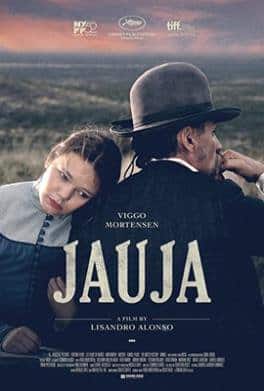 Speaking of Cronenberg, did you enjoy naked wrestling in Eastern Promises as much certain sections of your audience did?
Speaking of Cronenberg, did you enjoy naked wrestling in Eastern Promises as much certain sections of your audience did?
VM: (Laughs). It was pretty uncomfortable, not just the idea of being naked, it was being thrown around on hard tiles. It would probably have been more comfortable if they could have had it be as warm as it should have been, because otherwise there would have been steam on the camera and we wouldn’t have been able to film very well. But no, it was just a scene that had particular physical challenges just to get through it and do the choreography right and obviously since there wasn’t clothing, you couldn’t wear padding and stuff, that was just the nature of it. So it wasn’t enjoyable in that sense, what what was enjoyable, like with any scene, is if the shots worked, and in that case of that particular scene, it was especially enjoyable if the shot worked, because it meant you don’t have to do it again [laughs]. Normally, I’ll do as many takes as you want, I like the process, but with that it was like, ‘Huh, I’m glad we got that, let’s move on’.
Do you have plans to work with Cronenberg again?
VM: Nothing specific, but we always talk about wanting to, so hopefully something will happen.
Is there a particular part you’ve always wanted to play or a dream project you’ve always wanted to get off the ground?
VM: There’s a couple of stories – I’ve written two scripts, I’m writing a third one now and one of those scripts I hope to some day direct. I have ideas for other stories that I think could make movies, but I don’t have one burning ambition in terms of a story or a particular character or anything like that. The same goes for acting – there isn’t a role that I’ve always wanted to play in the theatre or I’ve always wanted to make a movie about. As I say, I kind of try to see what comes my way and I try to pick things that I think I’d like to see, in part because it’s just more fun and then it’s easier to speak with you guys afterwards if it’s something I like, rather than having to find clever ways to avoid talking about something that I know is not very interesting. And also because it just takes a long time if you do it properly. Whether it’s an independent movie or even a very well planned big budget movie that has a start date and a release date and all things are known beforehand, it still takes a long time to prepare something well, to shoot it well and to promote it, so it might as well be something you really find interesting, you know, that you’re not just trying to convince journalists that you find it interesting, but that you actually like.
So, quoting from the film, what is it that makes life function and move forward?
VM: I don’t know. As my character says, I don’t know. But that doesn’t mean it’s not worth asking the question. It’s like saying what makes a perfect movie? Well, there is no way possible to make a perfect movie, it doesn’t exist, there is no such thing as perfect. But striving to make a perfect movie or to even describe what a perfect movie might be – which is also impossible, I think – is worth the effort. It’s like, why do you get out of bed and why do you even bother to brush your teeth or say hello to anyone? And some people opt out, some people commit suicide or otherwise check out, because they don’t feel it’s worthwhile. Why do we read a book? Why do we go to the movies? Why do we ask questions? Why do we answer questions? Because for some reason, we’re curious. We want to know. And some people get very upset when they start to realise as they grow up that there’s a lot of questions, most of them that don’t have definitive answers and that can be very unsettling. But it’s just a process. So I don’t know and I don’t mind not knowing, but I’m still going to keep trying to find out.
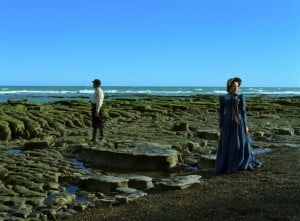 You mentioned theatre and obviously Brits are very fond of Danish actors. Would you consider returning to the stage?
You mentioned theatre and obviously Brits are very fond of Danish actors. Would you consider returning to the stage?
VM: Yeah, I’d like to. The last thing I did was in Spain, an Ariel Dorfman play, and I enjoyed the sensation. And I’ve also done some poetry readings, I did one recently there, so that the live audience, the fear and overcoming that fear and connecting with a live audience is a really great feeling and I like that so yeah, sure, I’d like to.
You mentioned the Camus adaptation, Far From Men, earlier. Can you say a little more about what drew you to that?
VM: It’s a great story. He’s one of the writers I most admire, for his art, for his writing, but also his ideas and his stance, his humanist stance. I’ve always admired him or I’ve admired him for a long time and this story – it’s a very short story of his that David Oelhoffen, the writer-director expanded on, but in a very clever way and very true to Camus’ spirit. I liked it as an adventure story, as a relationship story, but I also found it valuable in terms of the thoughts it stimulates about what’s happening now, particularly in the Middle East, but everywhere. How do you get past extremism? In the case of this story, two men who seem so different, so much so that you can’t really see any way that they could be friends, an Arab and a man of European descent, and yet somehow, by going through some difficult experiences together, they do – not in some corny movie way but in a very organic, believable way they come to have some understanding. It doesn’t mean it’s unconditional love between them, but there is an understanding, there’s a rapprochement, there’s a coming together that happens emotionally, mentally between these two people that I thought was a really good story, worth telling and an important story for our times. And I think the director did a really good job with it.
You mentioned your poetry reading and it reminded me that on April Fool’s Day in 2006, you released a CD with your son. I was wondering if that was like a tradition in your family? Do you do April Fool’s jokes in your family?
VM: No, not necessarily. Once in a while, prank calls and so forth. April first has two connotations for me and the one that you are probably are not aware of is more important to me than the actual April Fool’s idea. On April first 1908, a football club named San Lorenzo was established in Argentina and that’s the team I grew up with as a child. So April first, that’s what I think of first.
Speaking of football, I gather you’re a big sports fan in general…
VM: I like to watch sports, particularly I like to watch football, hockey too, in the sense that I think there’s something dramatically interesting about what’s going on. What happens when your back is up against the wall, which I think is the foundation of any interesting drama. What happens when ordinary people are put into extraordinary situations. You know, when you see comebacks like what happened in Paris playing against Chelsea recently, that was a great drama. Watching that, if you like football, that was like watching a great dramatic, intense movie. That game, just because Mourinho’s tactic was, ‘No matter what happens, I cannot lose’ – he was playing not to lose and the other team had nothing to lose and they had ten men instead of eleven. It looked like there was no way that they could win it, but there was something compelling about that drama and the opposing tactics, so yeah, the tactical approaches of each coach. they were dramatically interesting and the combination of the two made for great drama. It doesn’t always work out that way, that the team that really is trying to play attractive attacking football wins. You know, life isn’t fair and sports aren’t fair and it doesn’t work that way, but every once in a while a fairy tale happens before your eyes and it’s fun to watch.
Have you considered playing a footballer in a movie?
VM: No, I’m probably too old to do that at this point anyway. I think it’s a difficult thing to make a good movie about, because there’s so much going on. There’s 22 players, 20 of them are moving constantly, and each move they make, each step they take or each change of direction is for some reason, tactically. It’s a really hard thing to make even an interactive video about. To make a movie about outside of playing has been done okay, I thought The Damned United was interesting, it was pretty good. But I think it’s very difficult to make a compelling drama about what you see. If you’re in a stadium, or watching on TV, it’s difficult to make a movie because there’s so much going on, so much being thought of, and if you’re not used to watching it, you don’t see most of that stuff anyway, but if you’re really into it, you see all that going on and how could you possibly film all that? Why does that guy go here? Why does that guy go there? Or why is that guy angry at the other player because he didn’t go there? There’s so much going on, which is why it’s so great to watch. Matthew Turner.
JAUJA IS IN CINEMAS FROM 10 APRIL 2015 | READ OUR CANNES REVIEW HERE

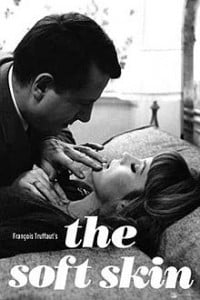 Truffaut’s La Peau Douce is known, in translation, as Soft Skin, as it best conveys the film’s vulnerability of character and minimal eroticism. It’s a superb, understated study of adultery that descends into a crime passionel.
Truffaut’s La Peau Douce is known, in translation, as Soft Skin, as it best conveys the film’s vulnerability of character and minimal eroticism. It’s a superb, understated study of adultery that descends into a crime passionel.